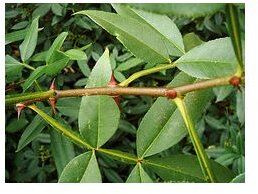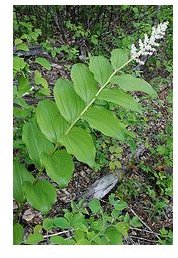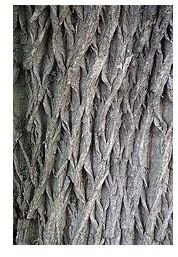Herbal Remedies for Dry Mouth: Learn How to Get Rid of Dry Mouth
The salivary glands, which keep the mouth moist, can malfunction from disease or other disorders. Parkinson’s disease, HIV infection, and Sjögren’s syndrome, an autoimmune disorder can cause dry mouth as can depression, anxiety, stress or chronic pain. More than 500 common prescription drugs can have dry mouth as a side effect. Radiation and chemotherapy treatment can lead to mouth problems as well. Nasal obstructions can cause mouth-breathing, particularly annoying during the night. In the past, doctors assumed dry mouth was a normal accompaniment of aging. Now, it seems healthy older adults produce as much saliva as younger adults. Dry mouth remedies using herbs are aimed at stimulating saliva production or reducing inflammation. These herbs and tinctures are available in herbal shops and through the Web.
Willow Bark
Willow Bark
Willow bark (Salix salicaceae) has been used for pain relief at least as long ago as Dioscorides, who in the first century A.D. recommended using some willow leaves ground up with pepper and mixed with wine for pain in the lower back. A small-scale study found that radiation-induced dry mouth significantly improved after taking Salix lozenges for seven days [1].
Prickly ash

Prickly Ash
Taking 10 to 20 drops of Prickly Ash Bark tincture (Zanthoxylum americanum) in 1/4th cup of water three to seven times a day will stimulate salivation and prevent oral irritation. Because this herb effects digestive function, it is best avoided when conditions such as ulcerative colitis, peptic ulcer disease, or gastroesophageal reflux are present.
Solomon’s Seal

Solomon’s Seal
Galen (130-200 A.D.) recommended Solomon’s seal (Polygonatum odoratum) for many different conditions. The herb acts as an anti-inflammatory. Taken in capsule form at 1,000 to 2,000 mg a day, it is said to relieve dry mouth caused by using some prescribed medications.
Herbal Teas and Mouth Products
Teas made from chamomile, ginger or Chinese green tea can stimulate saliva. Makers of toothpastes and mouthwashes like Jason and Tom’s of Maine that are made with tea tree oil and/or other ingredients claim to stimulate saliva. However, the Mayo Clinic recommends avoiding these products because of lack of evidence of benefit and some potential toxicity. Slippery elm, (Ulmus rubra) throat lozenges were recommended for professional singers to ease sore throats and relieve dry mouth as long ago as 1847. Made up as a tea it is recommended as another of the dry mouth remedies. However, it can also function as a laxative if too much of the tea is drunk.
Disclaimer
Please read this disclaimer regarding the information you have just read.
References
[1] Senahayake, et al. “A pilot study of Salix SST (saliva-stimulating lozenges) in post-radiation xerostomia.” Current Medical Research and Opinion 1998;14(3):155-9.
